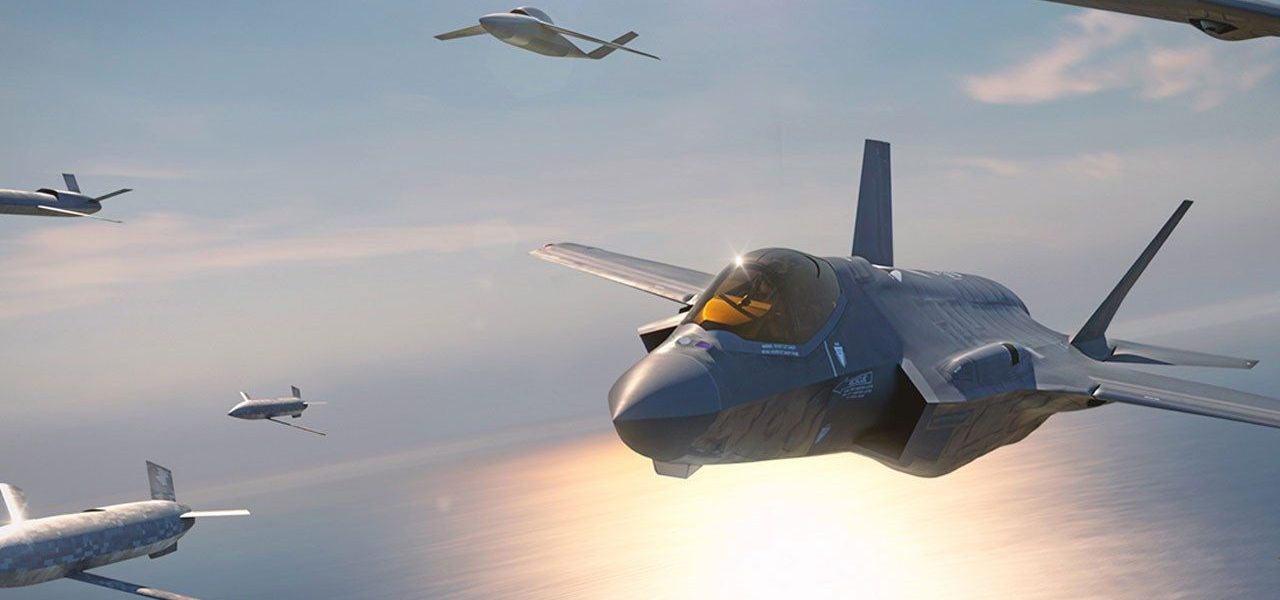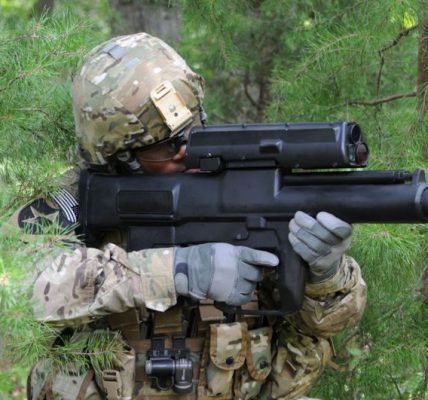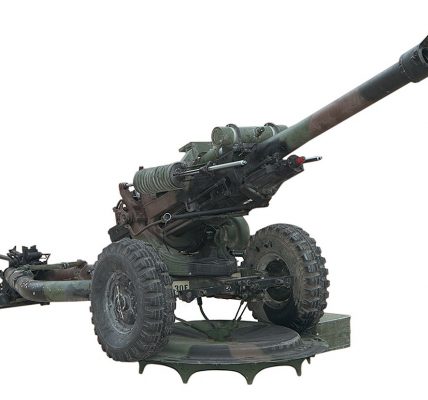The F-35 Lightning II A Fifth-Generation Fighter in United States
The F-35 Lightning II, a fifth-generation stealth fighter jet, is one of the most advanced aircraft in the world. Developed by Lockheed Martin, the F-35 is designed to provide the United States military with a versatile and capable fighter aircraft for the 21st century.
Origins and Development
The F-35 was developed in the 1990s as a replacement for the F-16 Fighting Falcon and A-10 Thunderbolt II. It was designed to be stealthy, highly maneuverable, and capable of performing a wide range of missions, including air superiority, air-to-ground strikes, and intelligence, surveillance, and reconnaissance (ISR). The F-35 is powered by a Pratt & Whitney F135 turbofan engine and features advanced avionics, radar, and sensor systems.
Key Features and Specifications
- Role: Multirole fighter
- Engines: One Pratt & Whitney F135 turbofan engine
- Armament: Internal weapons bays and external hardpoints for a variety of air-to-air and air-to-ground missiles, guns, and bombs
- Stealth: Advanced stealth technology reduces the F-35’s radar, infrared, and acoustic signatures.
- Speed: Mach 1.6
- Range: Over 1,600 miles
Variants and Applications
The F-35 is available in three variants:
- F-35A: The conventional takeoff and landing (CTOL) variant, designed for use by the U.S. Air Force.
- F-35B: The short takeoff/vertical landing (STOVL) variant, designed for use by the U.S. Marine Corps and other services that operate from aircraft carriers or land bases with limited runway space.
- F-35C: The carrier-based variant, designed for use by the U.S. Navy.
The F-35 is capable of performing a wide range of missions, including:
- Air Superiority: The F-35 can gain and maintain air superiority over enemy forces.
- Air-to-Ground Strikes: The F-35 can deliver precision strikes against ground targets using a variety of weapons, including bombs, missiles, and rockets.
- Electronic Warfare: The F-35 can be equipped with electronic warfare systems to disrupt enemy communications and radar.
- Intelligence, Surveillance, and Reconnaissance (ISR): The F-35 can be used for ISR missions, collecting information about enemy forces and terrain.
Technological Advancements
The F-35 is a technological marvel, incorporating a wide range of advanced features. Its stealth technology makes it difficult to detect by enemy radars, while its powerful engine and advanced avionics give it exceptional performance in air-to-air combat. The F-35 is also equipped with a variety of sensors, including radar, infrared, and electro-optical systems, which provide it with a comprehensive picture of the battlefield.
Performance and Reliability
The F-35 has proven to be a highly reliable and effective fighter jet. Its stealth technology, advanced avionics, and powerful armament have made it a formidable adversary for any potential enemy. The F-35 has also been praised for its versatility and adaptability.
Cultural Impact and Legacy
The F-35 has become a cultural icon, appearing in countless movies, video games, and television shows. Its association with the U.S. military has made it a symbol of American military might.
In conclusion, the F-35 Lightning II is a revolutionary fighter jet that has redefined the capabilities of modern air power. Its stealth technology, advanced avionics, and versatility make it a formidable adversary for any potential enemy. As the F-35 continues to enter service around the world, its legacy is likely to endure for many years to come.




